Track Chairs
Track Chairs of Track 1
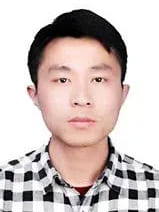
Assoc. Prof. Xiaofei Zhou
Hangzhou Dianzi University, China
Xiaofei Zhou, Ph.D. He is currently an associate professor and a doctoral advisor at the School of Automation, Hangzhou Dianzi University. His research focuses on object detection and segmentation in images and videos, low-quality image enhancement, and anomaly detection. He has published more than 70 high-level papers, including journals and conferences such as IEEE TIP, IEEE TMM, IEEE TCSVT, IEEE TITS, IEEE TII, IEEE TCYB, IEEE TGRS, IEEE TCI, and ACM MM. He has presided over 2 national scientific research projects and participated in 4 national, provincial and ministerial scientific research projects. He is currently a member of the Machine Vision Committee of the Chinese Society of Image and Graphics. In addition, he has long served as a reviewer for important journals in the field of image processing.
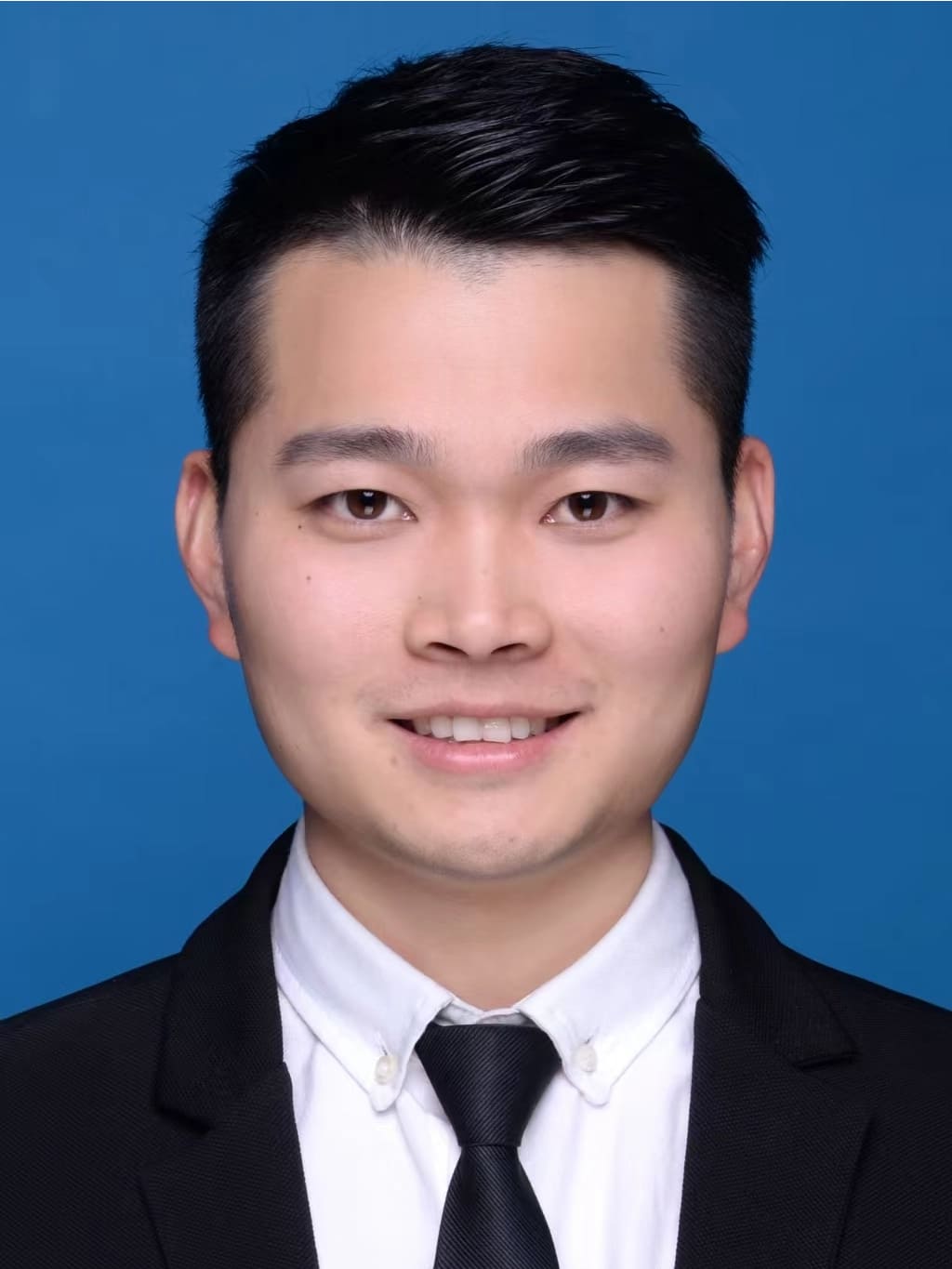
Assoc. Prof. Guodao Zhang
Hangzhou Dianzi University, China
Guodao Zhang works as an Associate Professor and Master's Supervisor at Hangzhou Dianzi University. He is also the Assistant Dean of the School of Humanities and Digital Arts, and the Deputy Director of the Intelligent Media Computing Research Institute. His current research interests focus on artificial intelligence, smart education, and the intersection of arts and engineering. He has published over 30 peer-reviewed papers in SCI journals, including ACM Computing Survey, IEEE TITS, IEEE TBCS, and IEEE TCS, with one highly cited paper. He holds over 20 authorized invention patents. He is also involved in the construction of the Zhejiang Provincial Radio and Television Bureau Laboratory for Intelligent Interaction and Immersive Presentation Technology Innovation. He has hosted and participated in several national and municipal research projects, including one national key research and development project and two National Natural Science Foundation projects. He is a member of the Smart Healthcare Committee and the Medical Image Computing Youth Seminar Committee.
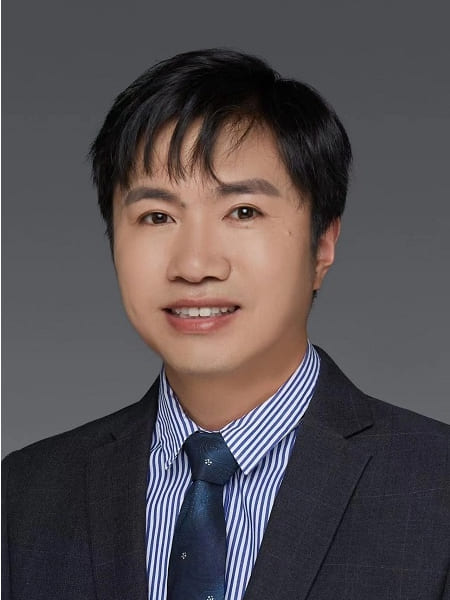
Assoc. Prof. Zizhao Wu
Hangzhou Dianzi University, China
Zizhao Wu
received the Ph.D. degree from State Key Laboratory of
CAD&CG, Zhejiang University, in 2013. He is currently an
Associate Professor with the Faculty of Digital Media
Technology, Hangzhou Dianzi University.
His research interests include computer graphics and
computer vision, especially lie in human-centered
understanding and generation. Over the past few years, he
has published over 50 papers in prestigious journals and
conferences in the field, including CVPR, TVCG, TKDE, TMM,
ACM MM, CGF, NC, GMod, CVMJ, IS, IJIS, TVC, CGA, and C&G.
Track Chair of Track 2
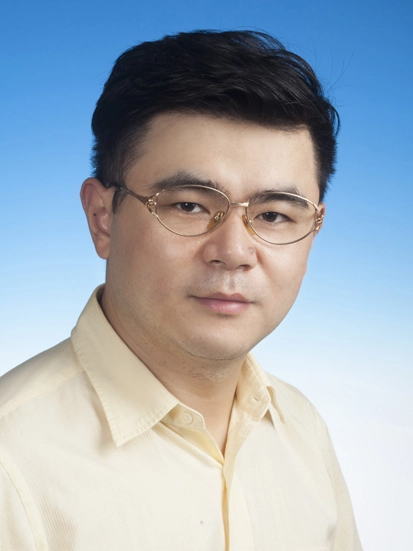
Prof. Heng Yao
University of Shanghai for Science and Technology, China
Heng Yao, Professor at the School of Optoelectronic Information and Computer Engineering, University of Shanghai for Science and Technology. He graduated with a Ph.D. in Engineering from Shanghai University in 2012. Since 2012, he has been engaged in teaching and research at the School of Optoelectronic Information and Computer Engineering, University of Shanghai for Science and Technology. His research focuses on passive image forensics, data hiding, and AI security. He has led one National Natural Science Foundation of China (NSFC) General Program project and one NSFC Young Scientist Program project. He has published over 70 SCI-indexed papers, including more than ten in the IEEE Transactions series. Representative works appear in journals such as IEEE TCSVT and IEEE TMM. He currently serves on the editorial boards of the international journals EURASIP Journal on Image and Video Processing and Multimedia Tools and Applications. He is a member of the Digital Media Forensics and Security Committee of the China Society of Image and Graphics. He also acts as a reviewer for journals including IEEE TPAMI, TIP, and TMM.
Track Chairs of Track 3
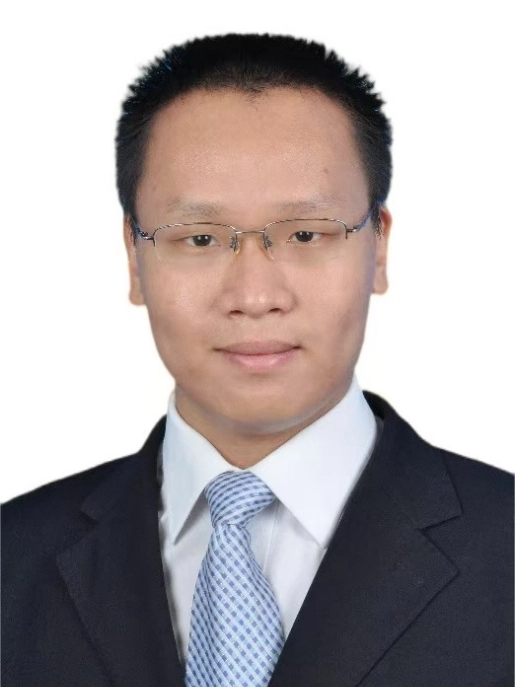
Prof. Tian Zhou
Xi’an Jiaotong University, China
Prof. Zhou holds dual Ph.D. degrees from Xi'an Jiaotong University and University of Massachusetts Amherst. His primary research interests include distributed computing, machine learning, and privacy protection. He has published over ten academic papers in top-tier journals and conferences such as WWW, TPDS, ICDCS, and BigData, including a Best Paper Runner-up Award at IEEE IC2E 2021. He also serves as a reviewer and committee member for multiple international journals and conferences, including TPDS, IEEE Network, TrustCom and so on.
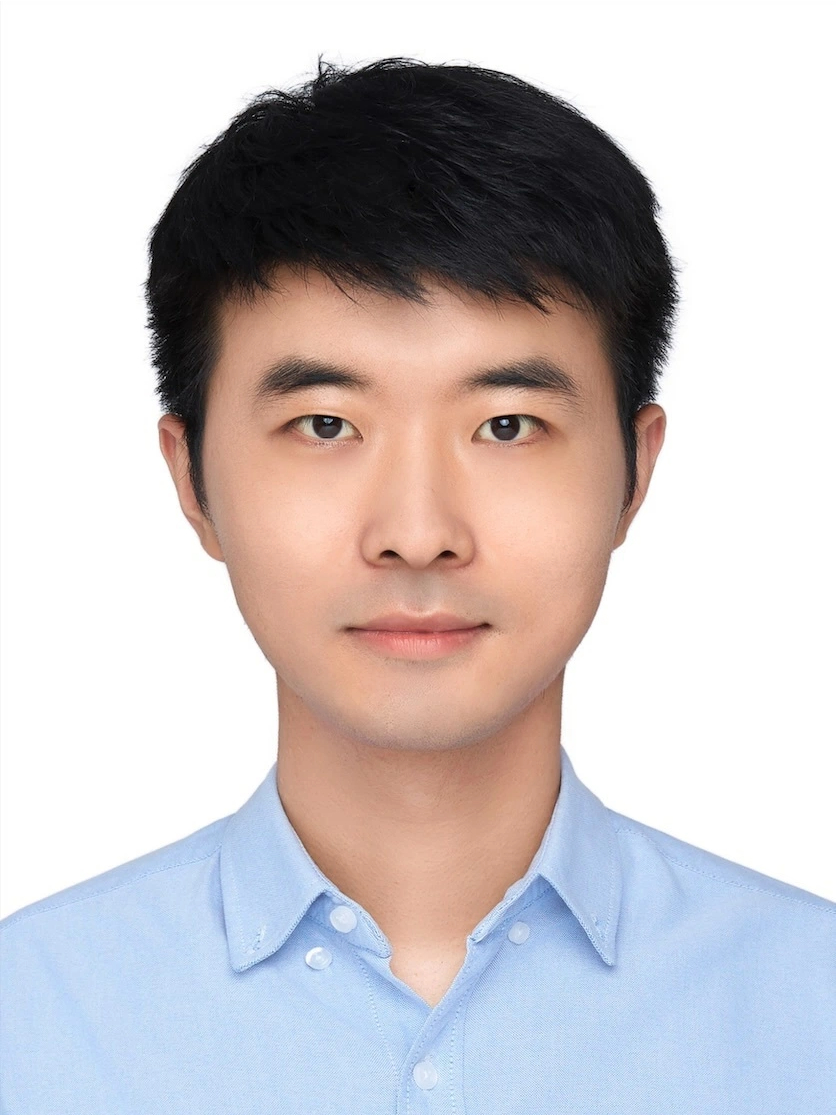
Asst. Prof. Linkang Du
Xi’an Jiaotong University, China
Linkang Du is an Assistant Professor at Xi’an Jiaotong University, specializing in trustworthy artificial intelligence. His research focuses on data security, privacy protection, and dataset copyright auditing in AI systems. He received his Ph.D. from Zhejiang University, with additional research experience at CISPA Helmholtz Center for Information Security in Germany and the Singapore University of Technology and Design. His work has been published at top venues such as IEEE S&P, NDSS, ACM CCS, USENIX Security, and ACM WWW.
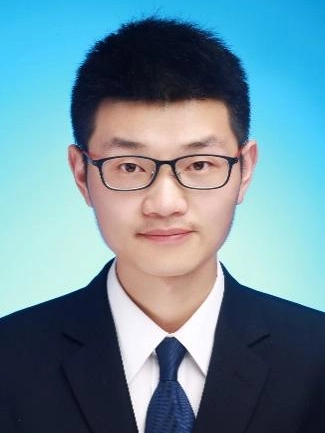
Asst. Prof. Yuntao Wang
Xi’an Jiaotong University, China
Yuntao Wang is currently an Assistant Professor with the School of Cyber Science and Engineering, Xi'an Jiaotong University, Xi'an, China. He received the Ph.D degree from Xi'an Jiaotong University in 2022. His research interests include security and privacy in UAV networks and LLM-empowered Agents, network games, and blockchain. Dr. Wang has published technical papers, including top journals and top conferences, such as IEEE TIFS, IEEE JSAC, IEEE/ACM ToN, IEEE INFOCOM, etc. He received the Best Paper Award of International Conference including IEEE MetaCom2025, IEEE AIoT2024, IEEE SmartCloud2024, IEEE IWCMC2022, etc.
Track Chair of Track 4
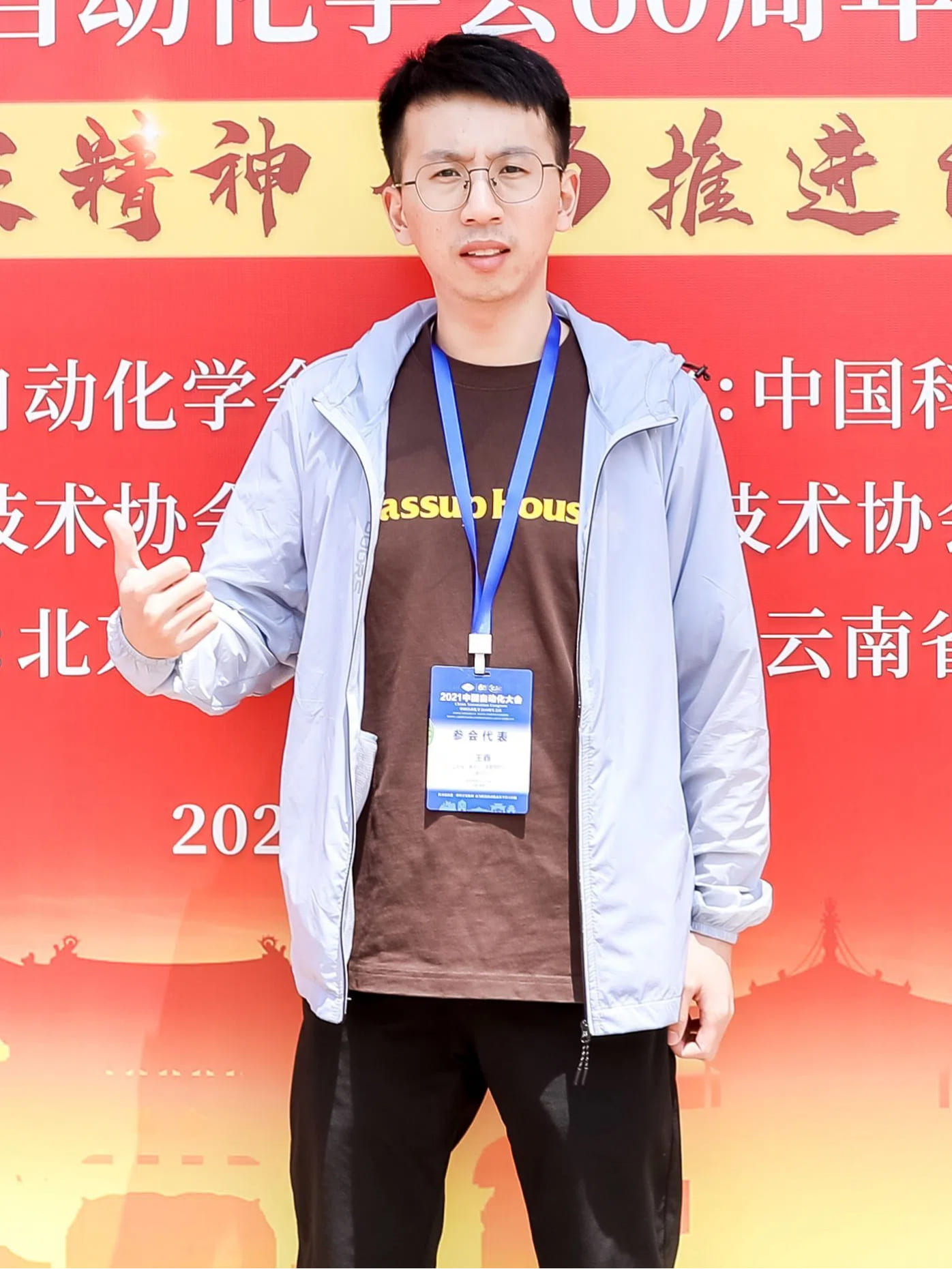
Prof. Xin Wang
Qilu University of Technology, China
Xin Wang
received the B.E. degree in Electrical Engineering and
Automation from China University of Mining and Technology,
Xuzhou, China, in 2015, and the Ph.D. degree in Control
Science and Engineering from Zhejiang University, Hangzhou,
China, in 2020. He was a visiting scholar in the Department
of Computer Science, Tokyo Institute of Technology,
Yokohama, Japan, from 2018 to 2019. Since 2020, he has been
with Shandong Computer Science Center, Qilu University of
Technology (Shandong Academy of Sciences), Jinan, China,
where he is currently a professor and a master supervisor.
In 2024, he was selected as a Taishan Scholar Young Expert,
and in 2022, he led his team to be included in the Shandong
Provincial Higher Education Youth Innovation Team
Development Program.
His research interests include distributed artificial
intelligence, AI security and privacy protection, and the
collaboration between large and small models. He has
published over 50 academic papers, including more than 20 as
the first author or corresponding author in renowned
journals and conferences in the fields of information
security, data processing, and the Internet of Things. His
work has appeared in prestigious journals such as IEEE TIFS,
IEEE TMC, IEEE TSP, IEEE TNSE, IEEE IoT Journal, and IEEE
Sensors Journal, as well as at leading conferences like
IJCAI, ECAI, CDC, and SecureComm. His contributions have
been recognized with several awards and honors, including
the 2022 Shandong Provincial Science and Technology Progress
Award (Second Prize), the 2023 High-Quality Scientific and
Technological Innovation Achievement Award (Basic Research
Category, Second Prize) from the Faculty of Computer Science
and Technology (as the first contributor), the Best Paper
Award at ICAUS 2024, and the Best Poster Paper Award at
CCSICC 2021.
Track Chairs of Track 7
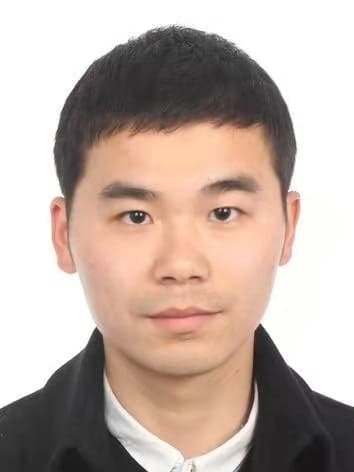
Prof. Zhenyong Zhang
Guizhou University, China
Zhenyong Zhang received his Ph.D. degree from Zhejiang University, Hangzhou, China, in 2020, and bachelor degree from Central South University, Changsha, China, in 2015. He was a visiting scholar in Singapore University of Technology and Design, Singapore, from 2018 to 2019. Currently, he is a professor in the college of Computer Science and Technology, Guizhou University, Guiyang, China. His research interests include cyber-physical system security, applied cryptography and machine learning security. He serves as editor of CMC-Computers Materials & Continua, Spinger Nature Computer Science, Frontiers In Communications And Networks, Computer Networks and Communications, Mechatronics Technology, and Workshop Organizer and Chair of IEEE SmartGridComm, 2022, “Intelligence and Security for Smart Energy Systems”, 6th International Conference of Industrial Cyber-physical Systems, “Cybersecurity of the Future DER-Based Power Grid”, 13th Asia Control Conference, “Security, Privacy, and Optimization of Industrial Intelligent System”. He is awarded the National Scholarship, Outstanding Postgraduate Scholarship, Outstanding reviewer of Pervasive and Mobile Computing, Outstanding reviewer of Journal of the Franklin Institute, and the Distinguished paper award of the top conference ACSAC.
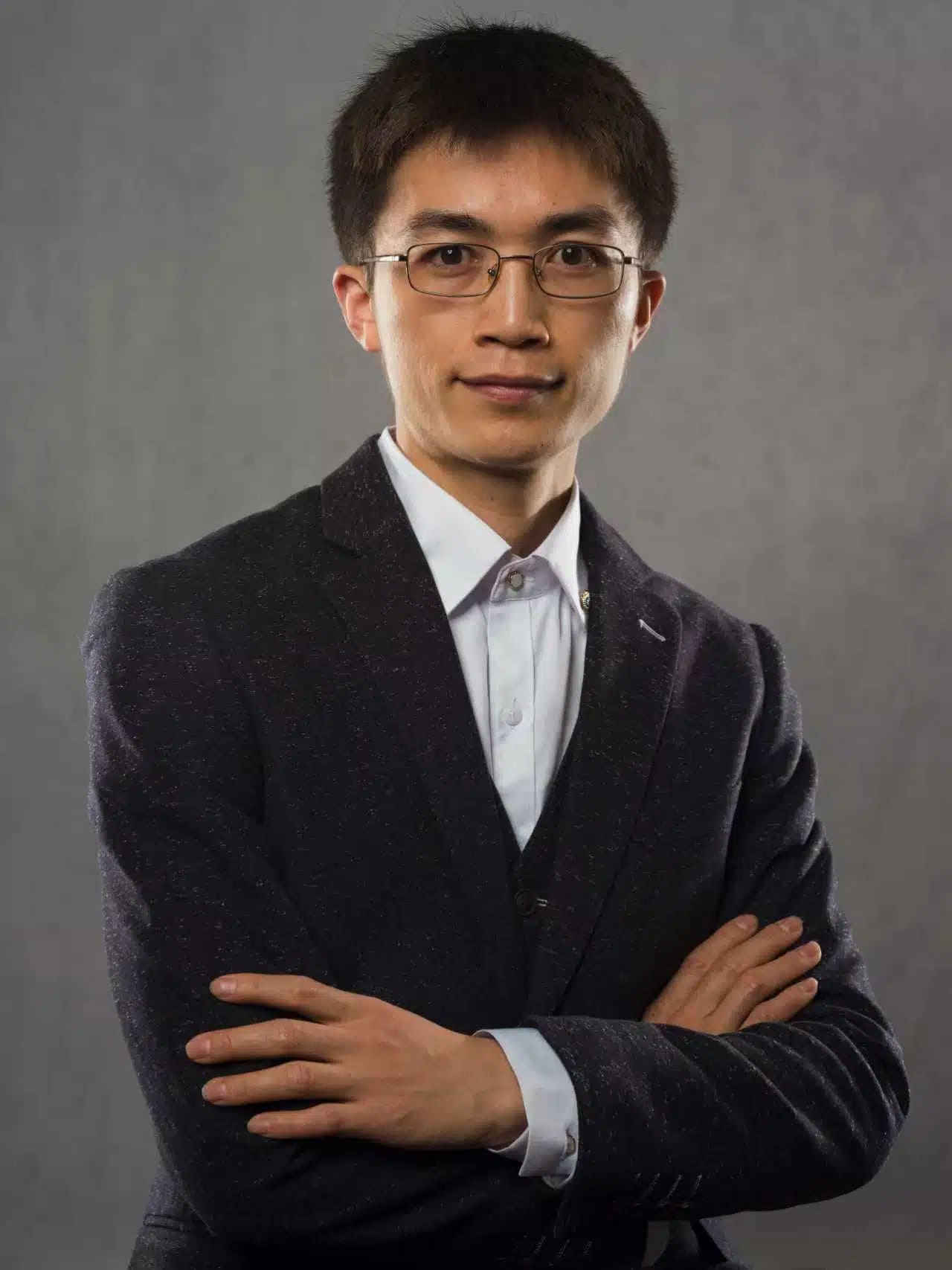
Assoc. Prof. Fei Tong
Southeast University, China
Fei Tong is an associate professor at the School of Cyber Science and Engineering, Southeast University, and "Zhishan" Young Scholar. He is a member of CCF, IEEE, and ACM. He has published over 70 papers in internationally renowned journals and conferences. His research work has been supported by the National Natural Science Foundation of China, China Postdoctoral Science Foundation, and Nanjing Overseas Students Science and Technology Innovation Funding. He was selected for the "China Postdoctoral Science Foundation Funded Researchers Introduction" and awarded the Young Scientist Award at the 3rd Heidelberg Forum of Mathematics and Computer Science in 2015. His current research focuses on data-driven security in IoT systems, including secure data computation, reliable transmission, and shared access control.
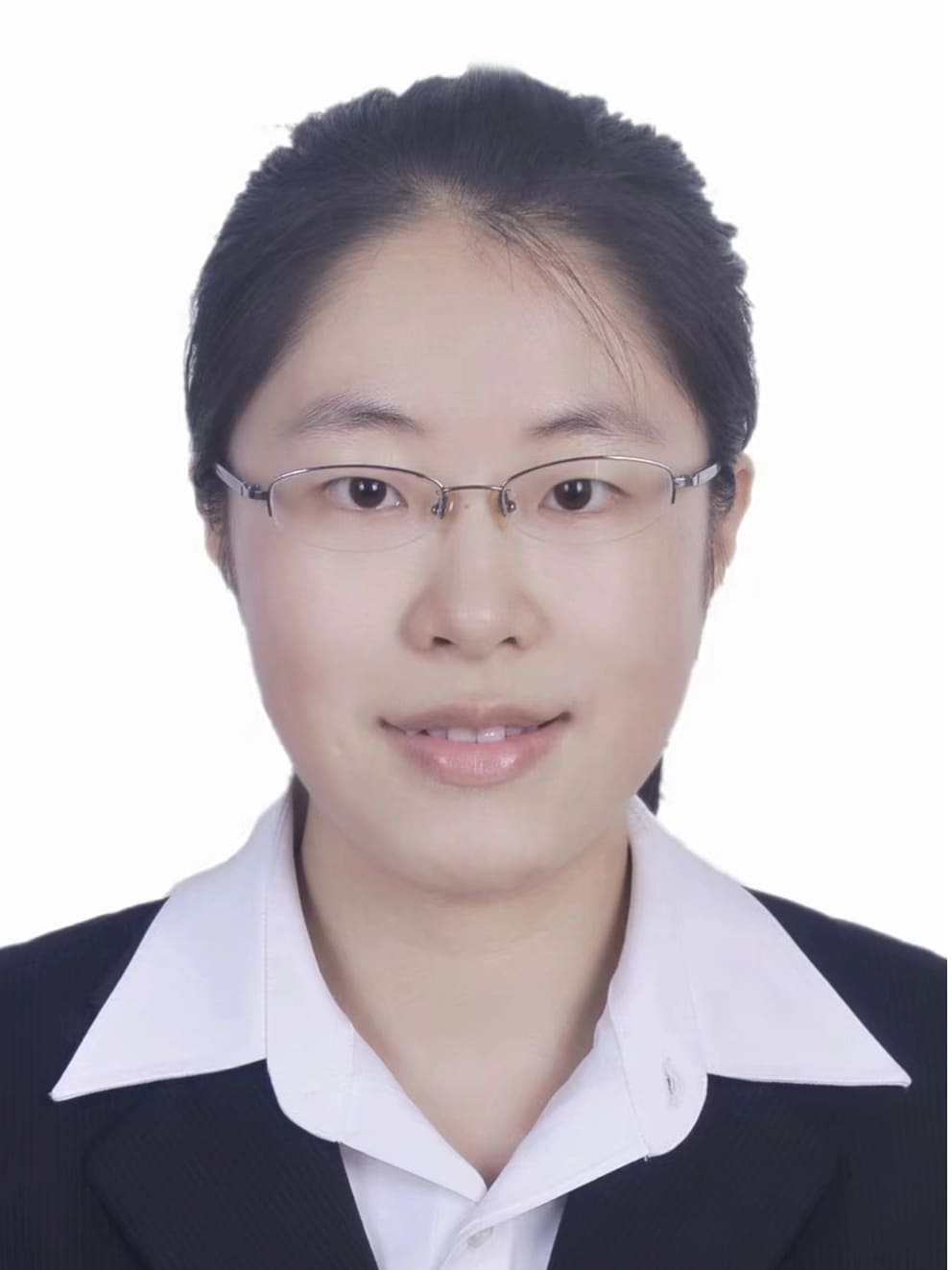
Assoc. Prof. Fangyuan Xing
Southeast University, China
Fangyuan Xing is an associate professor at the School of Cyber Science and Engineering, Southeast University, Nanjing, China. Her research interests include wireless communications and Internet of Things. Her research work has been supported by the National Natural Science Foundation of China and China Postdoctoral Science Foundation. She has published over several papers in internationally renowned journals and conferences.
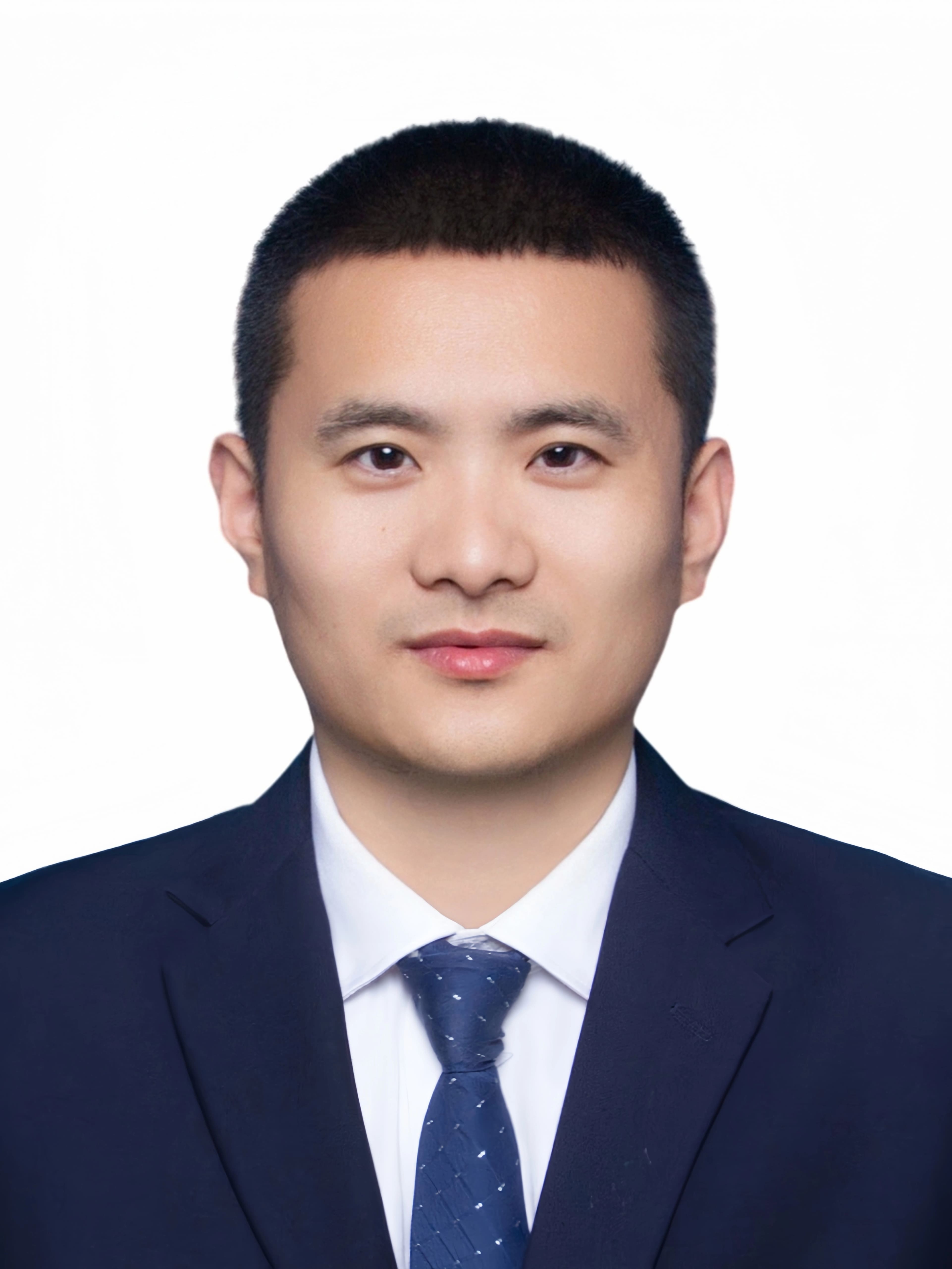
Assoc. Prof. Heng Li
Central South University, China
Heng Li
(Member, IEEE) received the B.S. and Ph.D. degrees from the
School of Information
Science and Engineering, Central South University, Changsha,
China, in 2011 and 2017, respectively.He is currently an
Associate Professor with the School of Computer Science and
Engineering, Central South University. His current research
interests include AI driven scheduling and management of
multi-source energy systems.
Track Chairs of Track 8
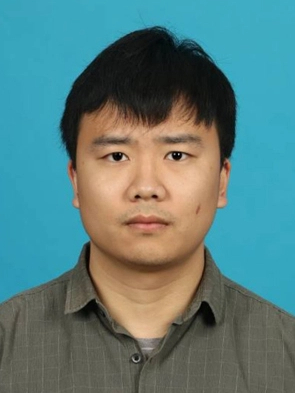
Assoc. Prof. Xing
Lan
Northeastern University, China
Xing Lan
is an Associate Professor and Ph.D. Supervisor in the School
of Computer Science and Engineering at Northeastern
University, China. His main research interests focus on
human-centered visual perception and generation, multimodal
large language models, and related areas. He received his
Ph.D. in computer science from the University of Chinese
Academy of Sciences in June 2025. In 2024, he was sponsored
as a visiting scholar at the NExT Research Center, National
University of Singapore. He has been awarded the President’s
Scholarship of the Chinese Academy of Sciences and the Zhu
Li Yuehua Outstanding Doctor Award. Prof. Lan has published
more than 20 papers in renowned journals and conferences and
has received awards including the 3DMM Best Student Paper
Award and the ChinaMM Best Poster Paper Award. As a key
participant, he has been involved in multiple key projects
supported by the National Natural Science Foundation of
China as well as international collaborative research
programs. He currently serves as a reviewer for
international journals, including IJCV, IEEE TIP, IEEE TII,
and ACM ToMM.
Track Chairs of Track 10
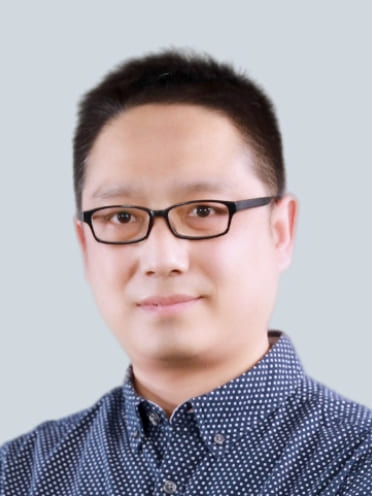
Prof. Fengyong Li
Shanghai University of Electric Power, China
Fengyong Li, Professor at the College of Computer Science and Technology, Shanghai University of Electric Power. He graduated from Shanghai University in 2014 with a PhD in Engineering. He worked in teaching and research work at the College of Computer Science and Technology, Shanghai University of Electric Power since 2014. He was a Visiting Scholar at the Department of Computer Science at the University of Victoria in Canada from August 2018 to August 2019. His research areas include: artificial intelligence security, multimedia security, smart grid security, and machine learning. He is the principal investigator (PI) of multiple national and provincial-level projects, including the National Natural Science Foundation (NSFC) General Project, Youth Project, Joint Fundation Sub-Project, and Shanghai Natural Science Foundation General Project. Meanwhile, he has also completed multiple scientific and technological research projects of State Grid Corporation of China. He has publicly published over 70 SCI-indexed papers in renowned academic journals and conferences and the representative papers have been published in IEEE TIFS、 IEEE TDSC、 IEEE TMM、 IEEE TCSVT、 IEEE TIM、IEEE TSG、IEEE TCC et al. He is currently a member of the Digital Media Forensics and Security Committee of the China Society of Image and Graphics.

Dr. Jiang Yu
Shanghai Business School, China
Jiang Yu is a Lecturer at the School of Business Information, Shanghai Business School. He graduated from Shanghai University in 2016, earning a Doctor of Engineering degree. Since 2016, he has been engaged in teaching and research work at the School of Business Information, Shanghai Business School. His research interests include steganography, steganalysis, machine learning, and artificial intelligence security. He has served as a principal investigator and co-investigator for multiple projects funded by the Shanghai Natural Science Foundation. He has published more than 20 peer-reviewed papers indexed in SCI in renowned international journals and conferences, with representative works appearing in high-impact international journals such as IEEE Transactions on Circuits and Systems for Video Technology (IEEE TCSVT) and IEEE Signal Processing Letters (IEEE SPL).
Track Chairs of Track 11
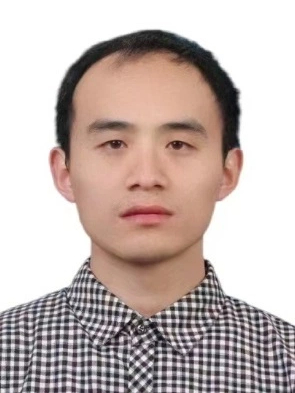
Assoc. Prof. Li Ming
Jiangsu Ocean University, China
Li Ming received the B,Sc degree in information and computing science from Henan Normal University, Xinxiang, China, in 2017, and the Ph.D degree in control science and engineering from University of Shanghai for Science and Technology, Shanghai, China, in 2023. He is currently a Lecturer with the School of Computer Engineering, Jiangsu Ocean University, Lianyungang. He has published over 10 papers in refereed international journals. Her research interests include sparse network analysis, medical data analysis. Mr. Li is a very active reviewer for many international journals.
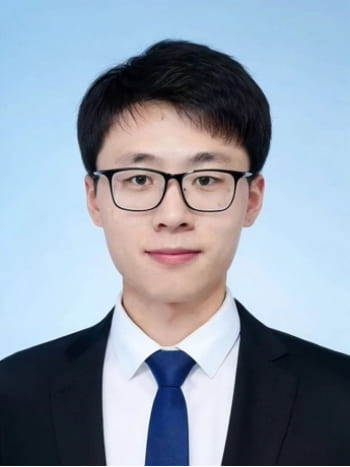
Dr. Hongwei Yao
City University of Hong Kong, Hong Kong, China
Hongwei Yao is currently a Postdoctoral Research Fellow in the Department of Computer Science at City University of Hong Kong. He received his Ph.D. degree from the College of Computer Science and Technology at Zhejiang University. His research interests lie primarily in LLM security and privacy, explainable AI. Dr. Yao has published over ten papers in IEEE S&P, NDSS, and IEEE TDSC. He also serves as a technical program committee for journals and conferences, including IEEE TIFS, IEEE TDSC, ACM TOPS, NeurIPS 2025, ICML 2025, and ICLR 2026.
Track Chair of Track 12

Prof. Feiliang Ren
Northeastern University, China
Feiliang Ren is a professor and doctoral supervisor at the School of Computer Science and Engineering, Northeastern University, and was a visiting scholar at the University of Cambridge. His main research interests include intelligent question answering, knowledge graph construction, and large language model technology. He leads the "Northeastern University Knowledge Graph Research Group," which has achieved remarkable results in the research, development, and application of artificial intelligence technologies. He has published numerous academic papers at top-tier natural language processing conferences such as ACL, EMNLP, and COLING and has undertaken multiple national and provincial-level research projects. The large language model TechGPT, successfully developed by his research team, was reported on by Xinhua News Agency and was recognized as a "Liaoning Province AI Benchmark Application Scenario" and a "Shenyang City AI Demonstration Application Scenario".
Copyright © 2026 The 2nd International Conference on Artificial Intelligence Security and Governance (ICAISG 2026)